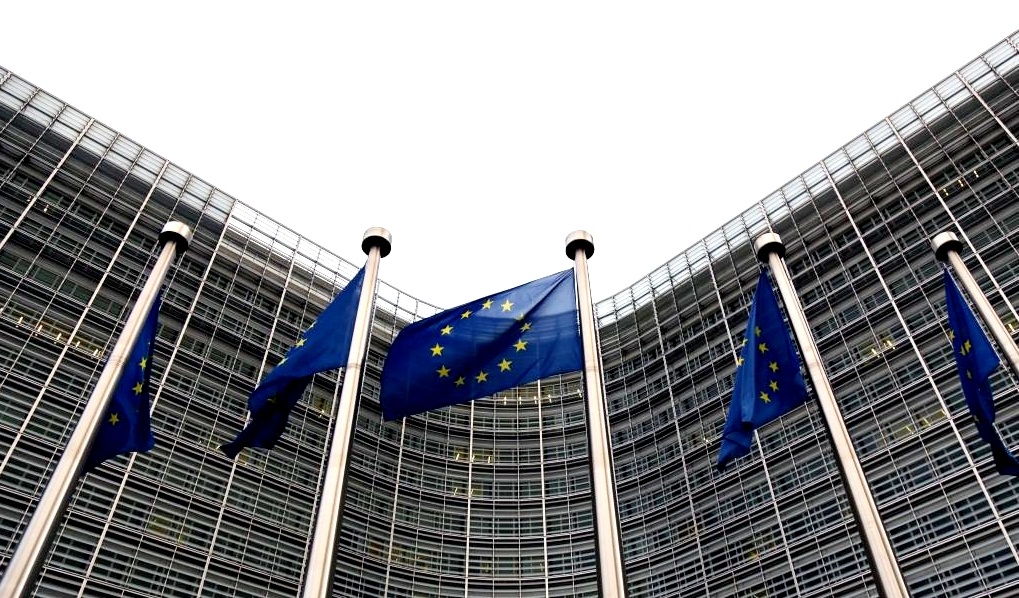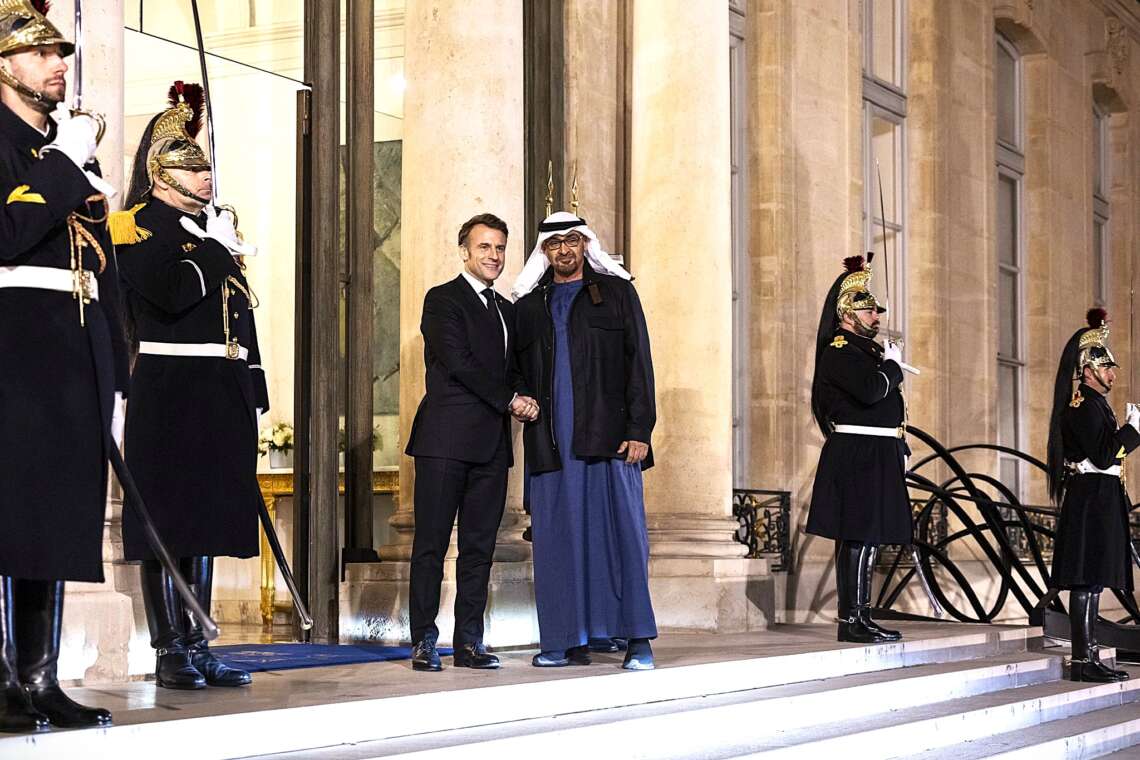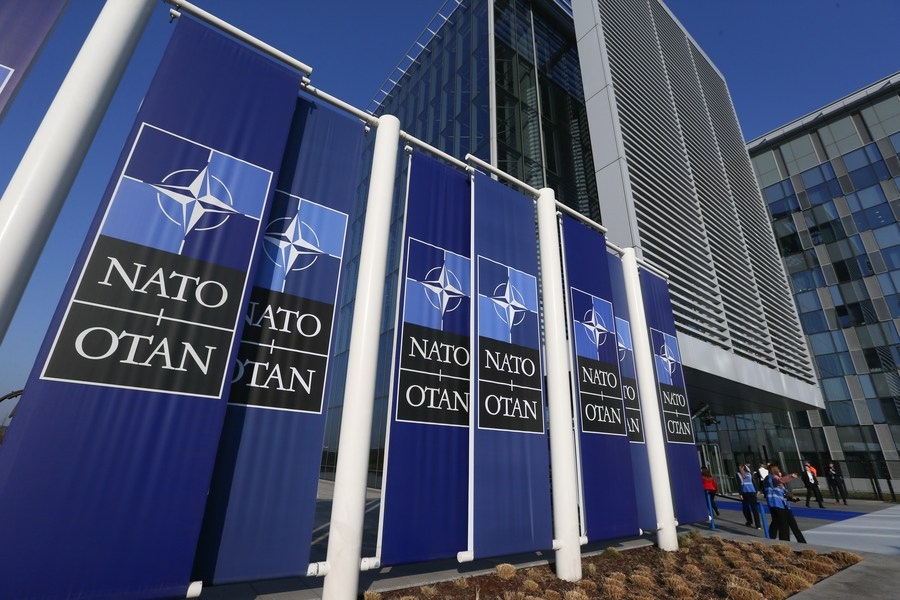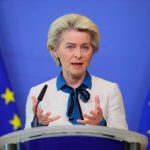Reflecting lower energy prices, the commission revised its inflation forecast sharply down from 3.2 percent — although it still remains above the ECB’s two-percent target…reports Asian Lite News
The forecasts by the EU’s executive arm demonstrate the impact of the European Central Bank’s interest rate-hiking campaign last year: a welcome fall in inflation, predicted to drop to 2.7 percent, but also worryingly sluggish growth, expected to reach just 0.8 percent.
Although the Frankfurt-based ECB has held rates steady so far in 2024, it is widely expected to begin cutting rates later this year in the face of slowing consumer prices and a weakening eurozone economy.
Inflation soared in the aftermath of Russia’s invasion of Ukraine in 2022, sending energy prices sky-high as Europe scrambled to find alternative power sources.
Reflecting lower energy prices, the commission revised its inflation forecast sharply down from 3.2 percent — although it still remains above the ECB’s two-percent target.
“Lower energy commodity prices, weaker economic momentum and recent inflation outturns set inflation on a lower path, lower than was anticipated last autumn,” the EU’s economy commissioner, Paolo Gentiloni, told reporters in Brussels.
The commission’s 2024 growth forecast for the 20-country eurozone, at 0.8 percent, also marks a sharp downward revision from the previous forecast of 1.2 percent.
“After narrowly avoiding a technical recession in the second half of last year, prospects for the EU economy in the first quarter of 2024 remain weak,” it said.
But Gentiloni tempered the gloomy outlook by stressing that “the conditions for a gradual acceleration of economic activity this year are still in place.”
Brussels expects growth to reach 1.5 percent next year, with Gentiloni pointing to “a strong labour market, easing inflation, rising wages, the expected gradual easing of credit conditions” as factors likely to support growth.
For now, however, EU officials consider that the eurozone is underperforming compared to the rest of the world. The United States’ full-year economic growth accelerated to 2.5 percent last year.
The reason for this, Gentiloni said, was that US consumers benefited from a larger pandemic stimulus than in Europe, adding that the bloc was also hit harder by the impact of the war in Ukraine on energy prices.













